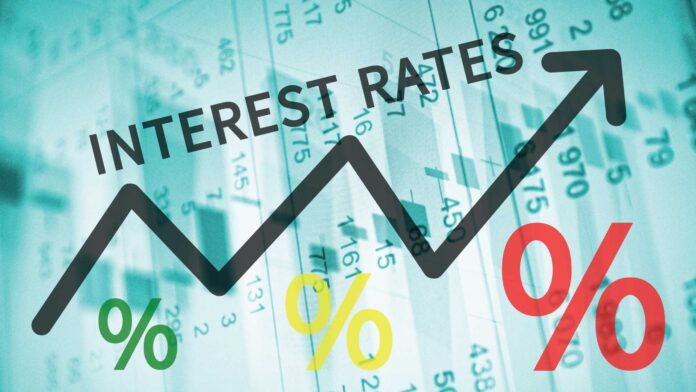With banks charging rates of between 29 and 36 percent, Nigerian companies are becoming increasingly challenged as commercial loan rates continue to soar.
Companies already struggling with inflation, currency volatility, and decreased consumer spending are under tremendous pressure to reduce borrowing costs.
Small and medium-sized businesses (SMEs), which form the foundation of Nigeria’s job market, are becoming increasingly unable to obtain new loans or repay existing ones, The News Chronicle gathered. In order to remain afloat, several business owners admitted that the high-interest environment has caused them to cut back on activities, postpone growth, or even lay off personnel.
Bank sources confirm that while certain mortgage facilities and a few government-backed loans like Creditcorp bear lower rates, corporate loans are still unreasonably pricey. At some banks, interest rates average between 32 and 35 percent, with only some customers getting marginal concessions. While some forecast their borrowing rates in the 29 to 30 percent range, even these are far beyond what is viable for most companies.
The Central Bank of Nigeria (CBN) has defended its tight monetary policy by increasing the Monetary Policy Rate to 27.5 percent while keeping a steep 50 percent Cash Reserve Ratio for commercial banks. Governor Yemi Cardoso has constantly highlighted that controlling inflation comes first, even at the price of near-term expansion. Though corporations continue to suffer, the International Monetary Fund (IMF) has approved this strategy as essential to stabilize the economy.
The lending environment has drawn severe condemnation from economic analysts, including Dr. Muda Yusuf. Rates over 30%, he says, render investment unworkable; short loan terms also prevent significant industrial expansion. He cautions that the contradiction of great expenses and short repayment periods is stifling productivity.
Analysts also note that the widening gap between low deposit rates and high lending rates is generating substantial profit margins for banks, while reducing business access to credit. Reports suggest a more balanced strategy that combines targeted monetary easing with tighter fiscal control to ease credit flow.
Nigeria’s shaky recovery may worsen if interest rates do not slow, as restricted access to credit jeopardizes job creation, business growth, and overall economic development.



